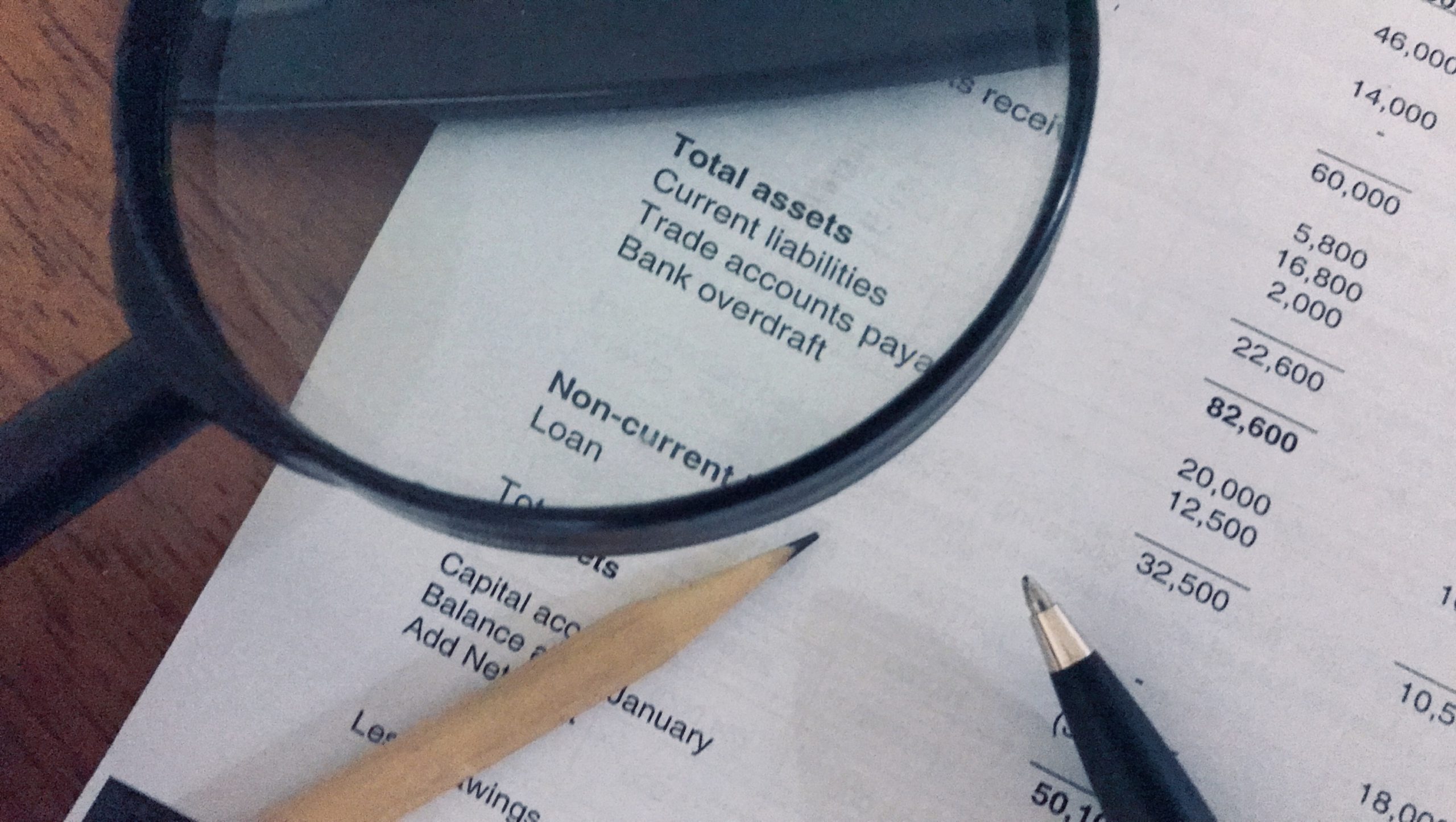How Due Diligence Protects Your SCF Investments

Supply chain finance (SCF) has emerged as a critical enabler in global trade, providing businesses with the liquidity they need to navigate an increasingly complex market environment. By bridging the gap between suppliers and buyers, SCF allows companies to optimize working capital, reduce financing costs, and strengthen supply chain relationships. But as this financing solution has expanded, so too has the need for robust due diligence.
With global supply chains being more interconnected than ever, due diligence is no longer a luxury—it’s an imperative. A lack of proper scrutiny can expose funders to substantial risks, including counterparty default, fraud, and reputational damage. In this article, we’ll explore why due diligence is essential in SCF, what it entails, and how it mitigates risks for funders, using examples from recent cases in the industry.
Why Due Diligence Matters in Supply Chain Finance
Due diligence in SCF isn’t just about ticking compliance boxes; it’s about protecting the integrity of financial transactions that could be worth billions. The core principle behind SCF is that a buyer’s creditworthiness can help secure financing for a supplier. However, if the buyer or supplier is not thoroughly vetted, this arrangement can turn sour quickly.
For instance, Greensill Capital’s collapse in 2021 sent shockwaves through the SCF industry. What started as a highly praised financial innovator ended in bankruptcy, leading to significant losses for its investors. The failure of adequate due diligence, including checks on counterparty risks and the legitimacy of the underlying transactions, allowed fraudulent activity to slip through the cracks.
According to a report by PwC in 2023, an estimated $30 billion in global supply chain finance programs is at risk annually due to fraud and misrepresentation. Such figures underscore the necessity for funders to engage in rigorous due diligence to ensure they are not exposed to unnecessary risks.
Components of Effective Due Diligence
Effective due diligence in SCF involves several components:
1. Know Your Customer (KYC) and Know Your Supplier (KYS): Understanding the financial stability, governance structures, and operational integrity of both the buyer and supplier is essential. This includes verifying their business models, credit ratings, and past financial performance.
2. Contractual Verification: Funders need to ensure that the contracts between buyers and suppliers are legitimate. This involves examining the purchase orders, invoices, and delivery terms to ensure they accurately reflect the transactions being financed.
3. Monitoring Ongoing Performance: Even after a transaction is approved, continuous monitoring of the parties involved is crucial. Supply chains can be volatile, with suppliers often facing disruptions due to geopolitical tensions, regulatory changes, or natural disasters.
4. Evaluating Supply Chain Risks: Funders must also assess the external factors that could affect supply chains, such as political instability or currency fluctuations. For example, businesses operating in emerging markets might face higher risks of supply chain disruption, making it crucial for funders to factor these variables into their decisions.
How Technology Enhances Due Diligence
The advancement of technology has equipped funders with sophisticated tools to enhance their due diligence processes. Supply chain finance (SCF) platforms now offer direct visibility into buyer and seller transactions, providing real-time data that improves transparency. These platforms can integrate verifications from third-party providers, such as logistics companies or inspection services, to validate the authenticity of transactions. This level of visibility and verification significantly mitigates fraud risks by ensuring the accuracy and reliability of invoices, purchase orders, and other transaction details, strengthening trust among all parties involved.
Additionally, artificial intelligence (AI) and machine learning (ML) are increasingly being used to analyze large datasets and identify potential red flags. For example, some SCF platforms now use predictive analytics to assess supplier performance and detect unusual patterns in transaction histories. According to a report by Deloitte, 63% of SCF programs implemented in the last two years have integrated some form of AI or blockchain technology to strengthen due diligence practices.
The Reputational Impact of Failing Due Diligence
The repercussions of insufficient due diligence go beyond financial losses. Reputational damage is a significant concern for funders. For example, the fallout from the Greensill debacle not only led to investor losses but also harmed the reputation of Credit Suisse, which had been a major backer of Greensill’s supply chain finance funds. The scandal exposed the risks of relying on SCF programs without proper vetting of underlying transactions.
According to a 2023 study by McKinsey, 70% of funders in the SCF market now rank reputational risk as a top concern, above even credit risk. This shift underscores the increasing focus on due diligence as a means to protect not just the bottom line but also the long-term viability of financial institutions in the SCF space.
Conclusion: The Imperative for Funder Vigilance
Supply chain finance holds enormous potential for transforming global trade, offering liquidity and financial flexibility to businesses of all sizes. However, this potential can only be realized if funders prioritize due diligence. In an environment where fraud risks are rising and supply chains are more complex, funders must remain vigilant. By leveraging technology, assessing counterparties thoroughly, and monitoring transactions continuously, funders can mitigate risks and ensure that SCF remains a viable and profitable solution for all parties involved.
The message is clear: in supply chain finance, due diligence isn’t just important—it’s the key to sustainable success.
How Convergence Can Support Your Operations
At Convergence Capital Group, we understand the critical importance of robust due diligence in supply chain finance. Our platform offers seamless visibility into buyer and seller transactions, enhanced by integrations with third-party verification services such as logistics companies and inspection providers.
We support funders with tailored solutions, including:
• Comprehensive Counterparty Assessments through advanced KYC and credit analysis tools.
• Real-Time Transaction Monitoring to ensure the accuracy and legitimacy of invoices, purchase orders, and delivery records.
• Supply Chain Risk Evaluation leveraging our proprietary technology to identify and mitigate external risks like market disruptions and geopolitical instability.
• Ongoing Performance Monitoring for dynamic tracking of financial and operational risks.
Partner with Convergence to strengthen your SCF operations, minimize risks, and unlock the full potential of supply chain finance. Visit https://www.convergence-tfs.com or contact us today to learn more.
Previous Post Next Post





